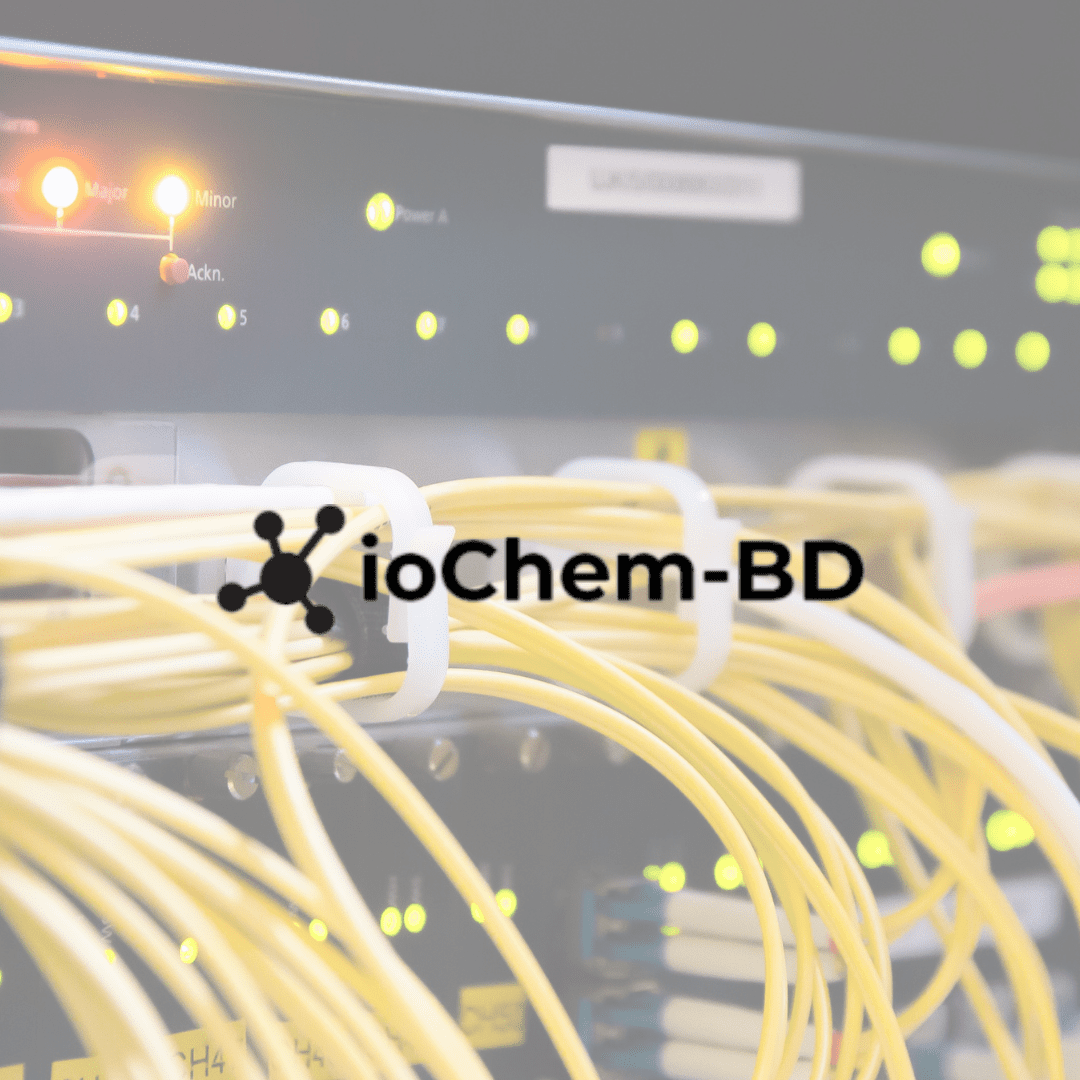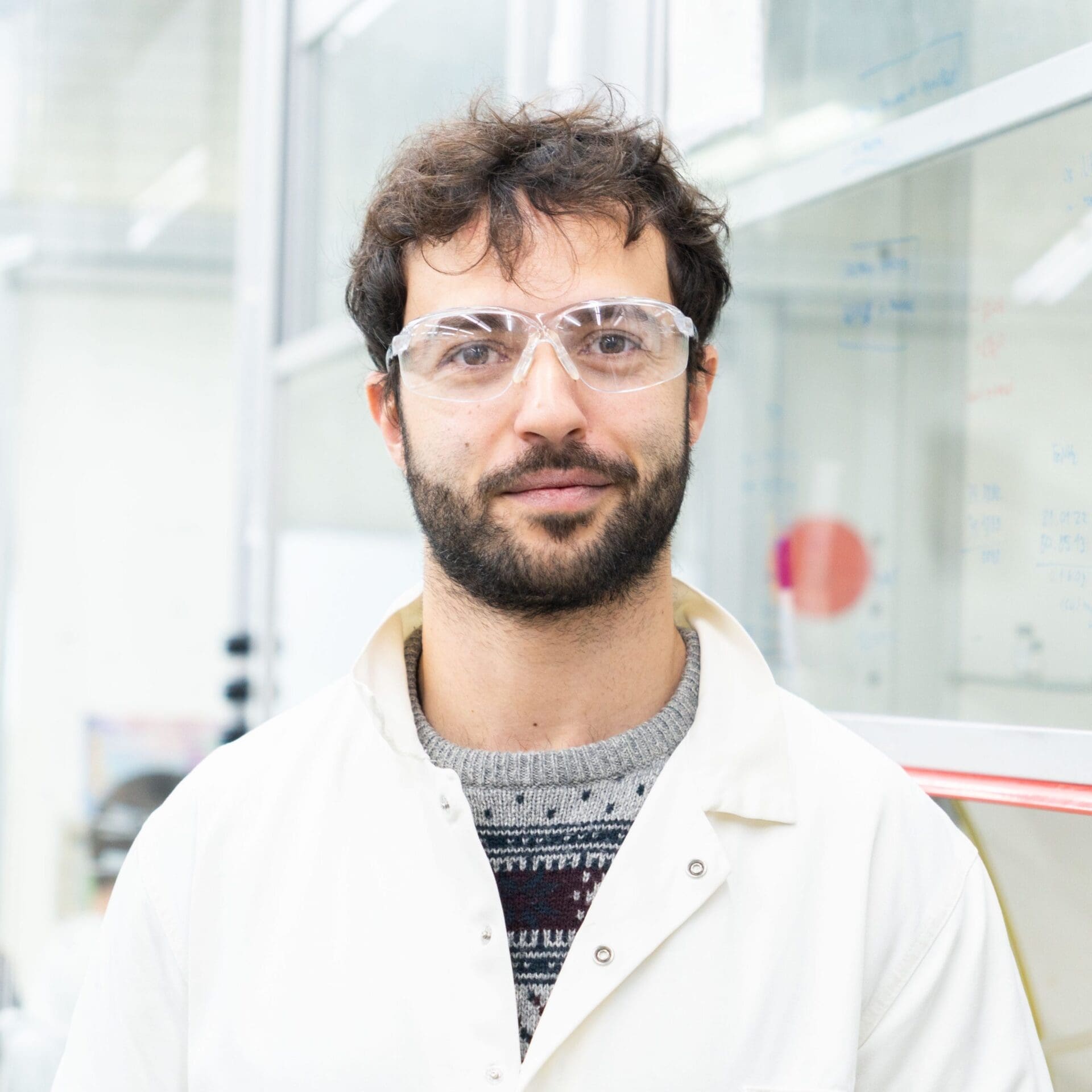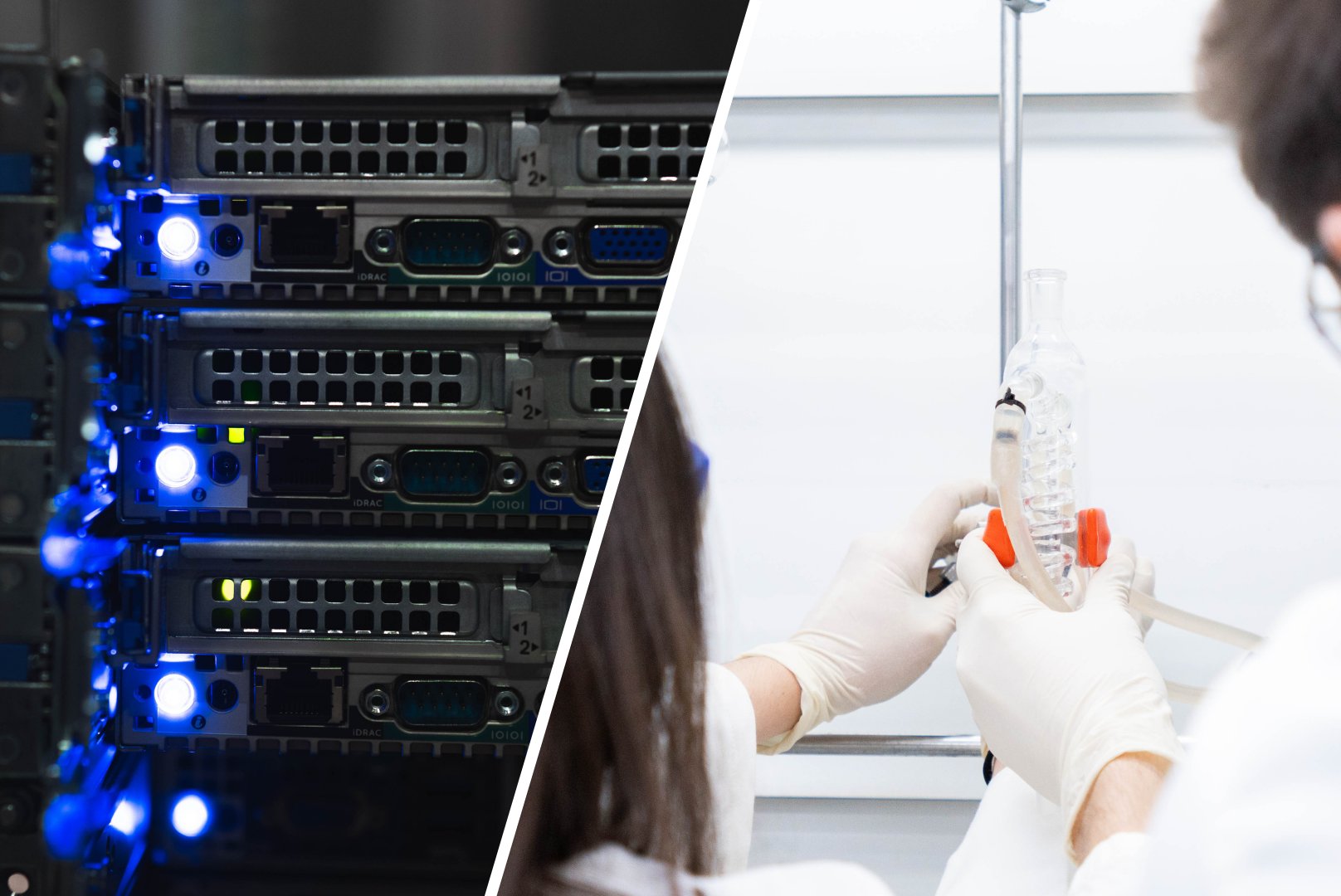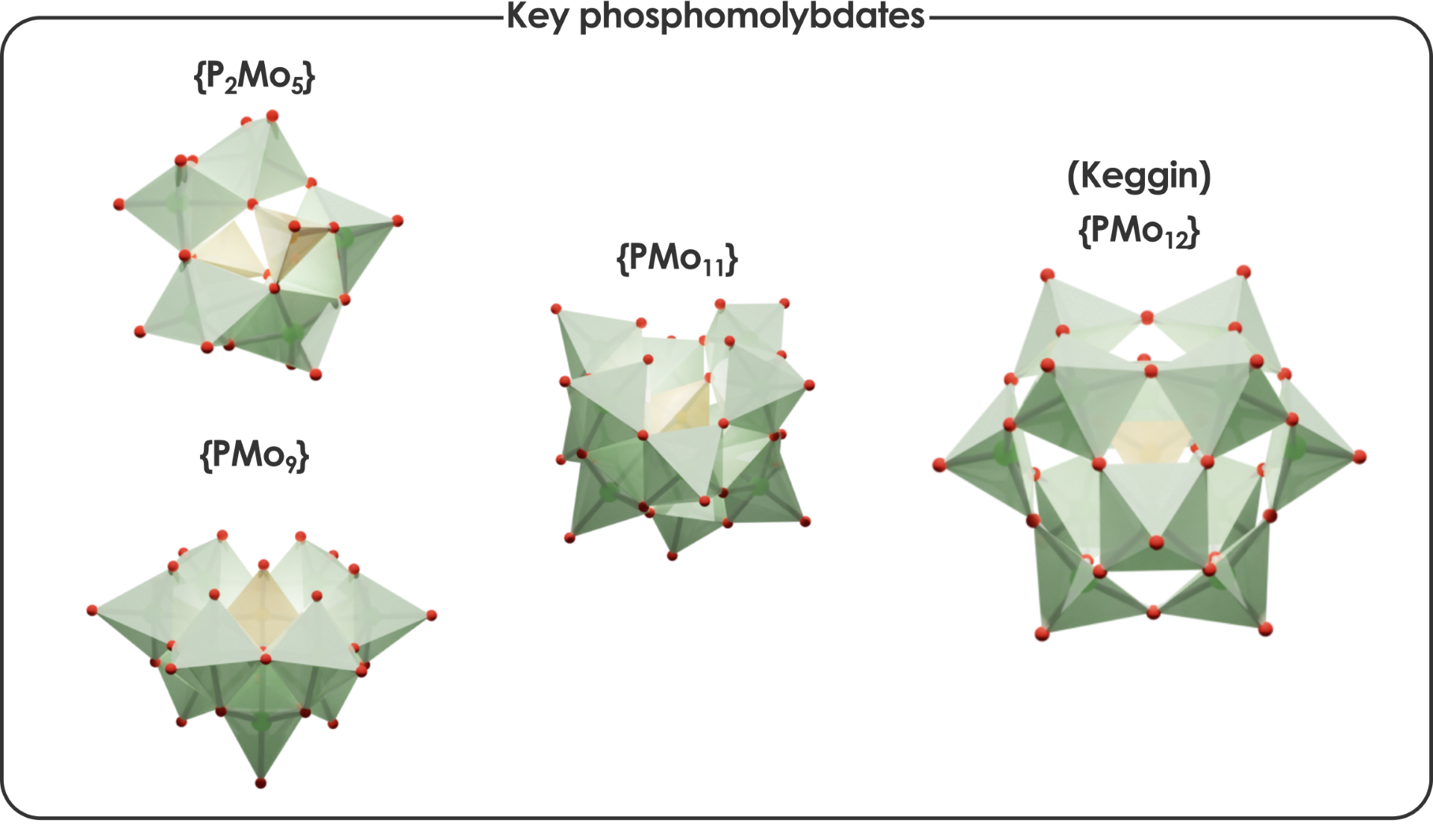Databases catalysing discoveries
6th November 2018 – ICIQ theoretical group leaders Carles Bo, Feliu Maseras and Núria López have published a comment on Nature Catalysis highlighting the role computational results databases can have in accelerating the discovery of catalysts.
The computational studies carried out over the last decades have generated vast amounts of data. Now, several initiatives aim to systematically use the results of these computational simulations to build and maintain databases where scientists will be able to curate, standardise and eventually mine the already generated information. In their comment the ICIQ group leaders give an overview of the situation on the field, citing examples such as the Materials Project, AIIDA NoMaD, the PubChemQC project, or the ICIQ developed Input/Output Chemistry Big Data (ioChem-BD) that allows mapping all reactivity irrespective of the nature of the catalyst.
To the ICIQ scientists, future steps are clear. Computational results should follow the FAIR principles (findable, accessible, interoperable and recyclable) if they need to be combined with machine learning approaches to deliver the next revolution in the discovery of active, selective and stable catalysts.
Related news

Let's create a brighter future
Join our team to work with renowned researchers, tackle groundbreaking
projects and contribute to meaningful scientific advancements







 07-03-2025
07-03-2025 



















